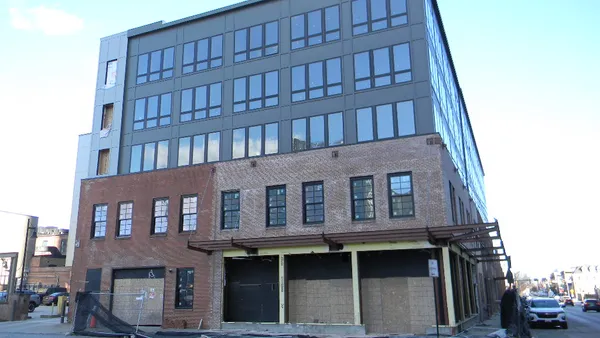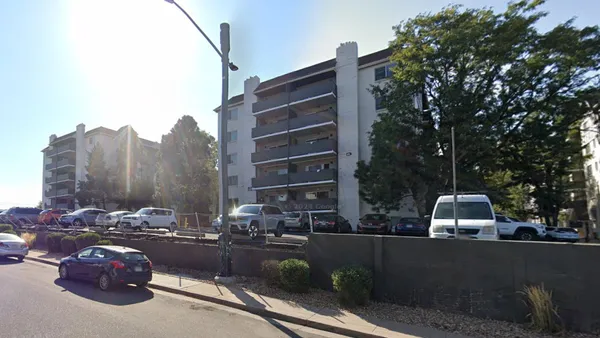Children and adults who live in public housing can face numerous obstacles to education, from low income to developmental and health problems. One Los Angeles program aims to overcome some barriers by offering educational programs and other college readiness services where residents live.
Project SOAR, a partnership between the Housing Authority of the City of Los Angeles and the nonprofit Southern California College Attainment Network, or SoCal CAN, provides free college preparation advising and mentorship to residents at seven of HACLA’s 14 public housing sites.
A college degree “is going to make a huge difference” for individuals, their families and the next generation, said Jenny Scanlin, chief strategic development officer at the housing authority, pointing to studies that show that college degree attainment lowers poverty rates.
Project SOAR launched in 2017, when Los Angeles and eight other cities received grants from the U.S. Department of Housing and Urban Development for two-year pilot programs to promote college education in public housing developments. Educational programs at public housing sites usually focus on high schoolers, Scanlin explained. Indeed, LA’s initial pilot was only for high school students. Now financed by private funding secured by SoCal CAN, the “no-barrier program” supports adults as well as children, Scanlin said. There are no GPA or graduation requirements for residents either, she said — the only requirement is an interest in college.
The program’s hallmark is that it pairs future students with mentors to help them choose educational paths that work for them, Scanlin said. For instance, some residents have obligations such as work or caring for a family that make full-time study infeasible. “If it takes you six years — if you go to community college and you get your [associate degree], and then you need to take a two-year break [before going] back to get your [bachelor’s degree] — we’re going to be with you all the way,” Scanlin said. The project also connects students to career and job placement assistance, whether they’re looking for summer internships or post-graduate work.
Mentors help residents get scholarships from a HACLA-created nonprofit, too. While residents may get college tuition covered through federal and state assistance programs, these small scholarships help support students in other ways, perhaps allowing them to forgo an extra job or helping to pay their grocery bills.
Project SOAR has full cohorts at each housing development where it is offered. The biggest challenge the program faces is funding, Scanlin said: There’s more interest at public housing sites than it can meet with its current staff. That’s why HACLA is working to “get this program baked into state and federal budgets,” Scanlin said. The partnership with SoCal CAN has been especially helpful, she said, because it “has given us the ability to continue the program in the face of not having a regular funding source for it.”
Scanlin advises cities looking to develop similar programs to partner with multiple organizations that have different strengths and are wholly committed to pairing stable housing with education success.











